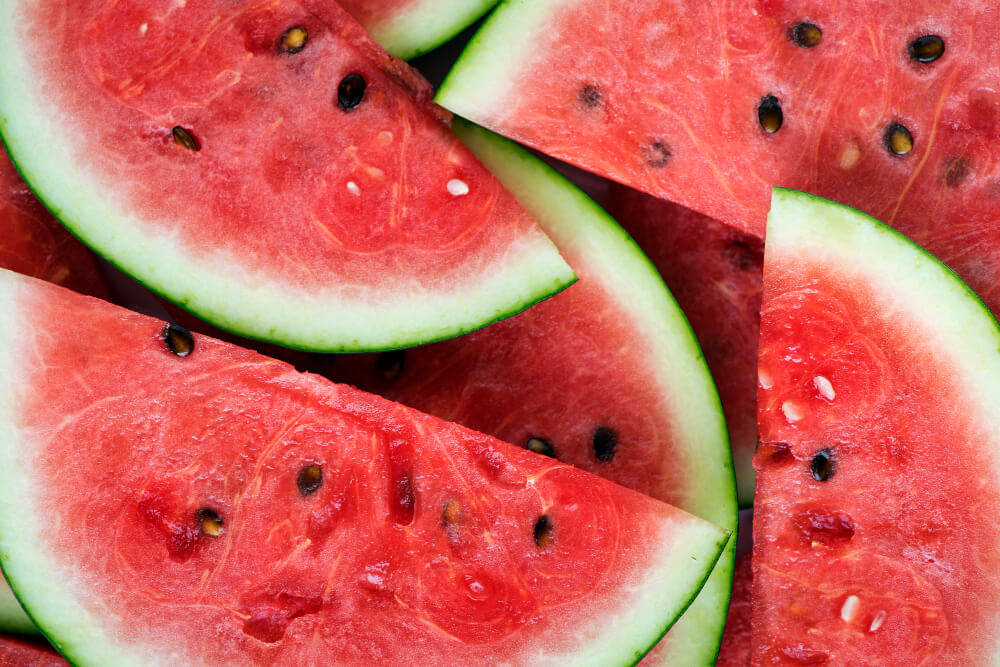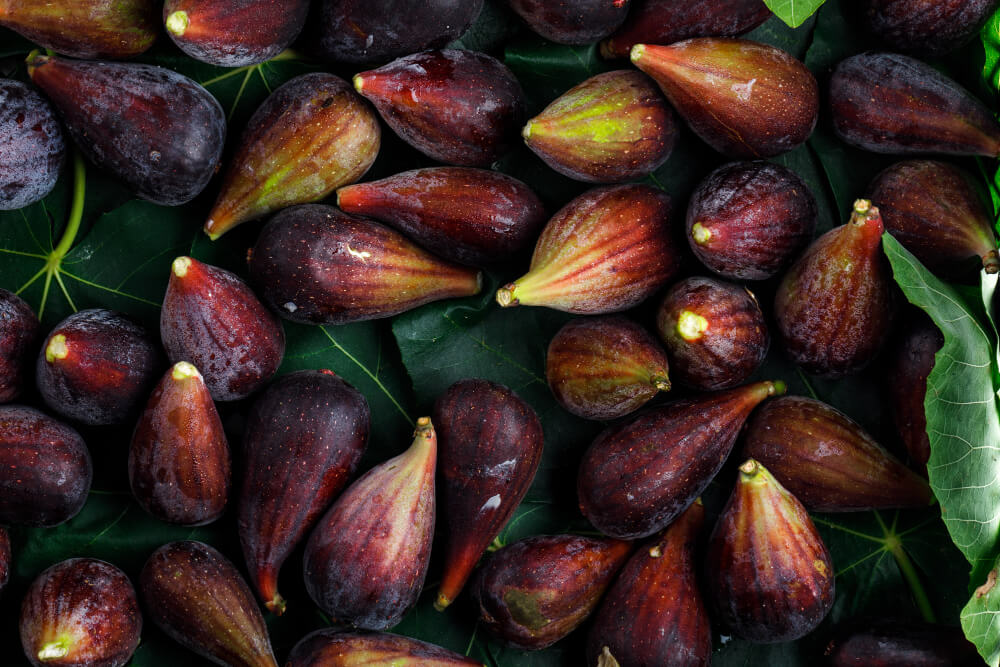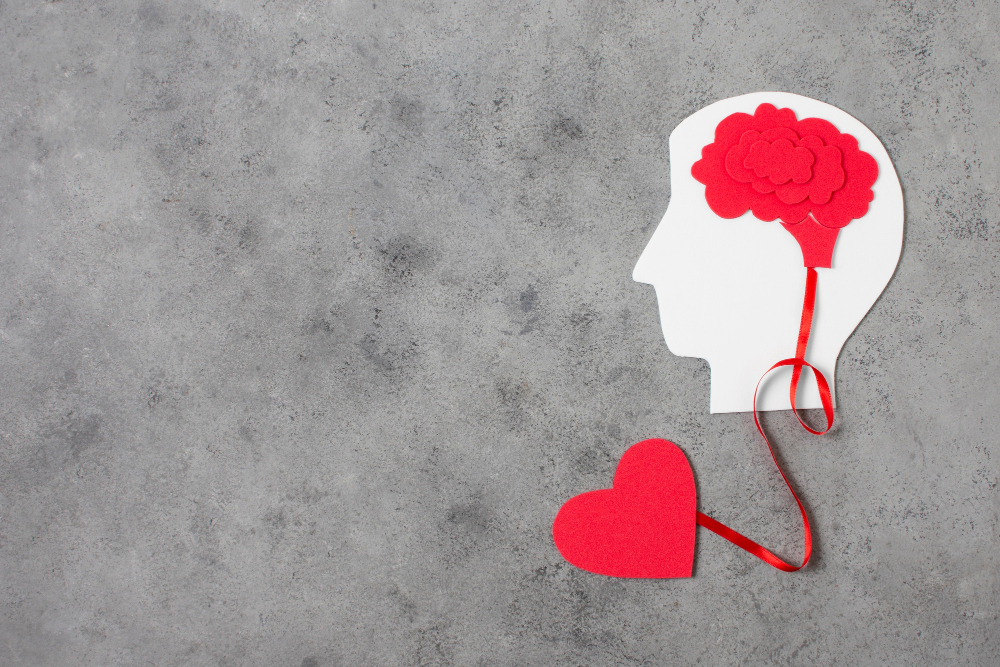Staying hydrated

Pregnancy is a beautiful yet challenging journey, filled with many changes physically, emotionally, and nutritionally. While cravings and nutritional needs are often at the forefront of every expecting mother’s mind, one essential but sometimes overlooked aspect is hydration. Proper water intake during pregnancy is crucial not just for your comfort, but for your baby’s healthy development too.
In this article, we’ll explore the importance of staying hydrated, how much water you really need, how hydration affects cravings and nutrition, and tips to help you drink more water throughout the day.
Why Hydration Matters During Pregnancy
Water plays a vital role in supporting your body’s functions, and this importance increases during pregnancy. Here’s how:
-
Supports the Formation of Amniotic Fluid: This fluid cushions your baby and helps with proper growth and development.
-
Aids in Digestion: It helps prevent common pregnancy issues like constipation and bloating.
-
Promotes Nutrient Circulation: Water helps carry essential nutrients through your blood to your baby.
-
Helps in Temperature Regulation: Proper hydration keeps you from overheating.
-
Prevents Urinary Tract Infections (UTIs): Drinking enough water helps flush out bacteria from your urinary system.
-
Reduces Swelling: Staying hydrated can help manage pregnancy-related swelling, especially in the hands, feet, and ankles.
How Much Water Do You Need?
The general guideline for pregnant women is at least 8 to 12 cups (64 to 96 ounces) of water per day. However, your needs may increase if:
-
You’re physically active
-
You live in a hot or humid climate
-
You’re experiencing vomiting due to morning sickness
Listen to your body thirst is a clear signal. But don’t wait to feel thirsty before drinking water, especially during pregnancy.
Hydration and Cravings: Is There a Link?
Yes! Often, our bodies confuse thirst with hunger or cravings. You might think you're craving sweets or salty snacks when your body actually needs hydration. Drinking a glass of water first can help determine if you were truly hungry or just thirsty.
Plus, staying hydrated helps manage cravings and can reduce the intensity of those sudden urges for processed or sugary foods, helping you make better nutritional choices for you and your baby.
Best Fluids to Keep You Hydrated
While plain water is the best option, here are some other safe and beneficial choices:
-
Infused Water: Add slices of cucumber, lemon, or mint for a refreshing twist.
-
Coconut Water: Natural and rich in electrolytes.
-
Milk: Provides calcium and vitamin D along with hydration.
-
Herbal Teas: Choose pregnancy safe ones like ginger or peppermint (in moderation).
-
Fresh Fruit Juices: Diluted with water to reduce sugar intake.
Avoid or limit:
-
Caffeinated drinks like coffee or energy drinks
-
Sugary sodas
-
Artificially sweetened beverages
-
Unpasteurized juices
Signs You Might Be Dehydrated
It’s important to know the warning signs of dehydration during pregnancy. These include:
-
Dark yellow urine or reduced urination
-
Dry mouth or lips
-
Dizziness or headaches
-
Rapid heartbeat
-
Fatigue or irritability
-
Constipation
If you experience these symptoms, increase your fluid intake immediately. Severe dehydration can lead to complications and may require medical attention.
Tips to Stay Hydrated Throughout the Day
-
Carry a Water Bottle: Keep one with you wherever you go.
-
Set Reminders: Use an app or alarm to remind you to sip water regularly.
-
Start and End Your Day with Water: Make it a habit.
-
Eat Water-Rich Foods: Cucumbers, watermelon, oranges, and strawberries help with hydration.
-
Track Your Intake: Especially in the third trimester when fluid needs increase.
-
Make It Fun: Use a marked water bottle with motivational quotes or time goals.
Conclusion: Water is Life for Two
Staying hydrated is one of the simplest yet most powerful ways to support a healthy pregnancy. From easing discomfort to fueling your baby’s development, water is your silent hero. So, keep that bottle close and sip often you’re not just drinking for one, you’re hydrating for two.
Related Articles

Baby development at 40 weeks

Baby development at 11 weeks

Power naps during the day

When to talk to a doctor about your cycle

How pregnancy affects intimacy

Keeping a mood journal

Bathing daily during your period

10 Ways to Improve Your Mental Health Today